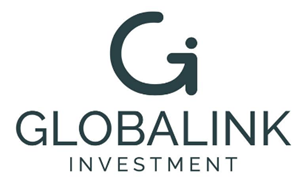
Fincantieri’s FCx30 multirole frigate model on display at the World Defense Show (Breaking Defense)
BELFAST — Italian shipbuilder Fincantieri has formally agreed to the acquisition of national counterpart Leonardo’s Underwater Armament Systems (UAS) unit in a deal which could amount to a total value of €415 ($447 million), and one largely signaling military torpedo production growth.
The two companies announced the acquisition, set to be finalized in early 2025, on Thursday, with Fincantieri sharing that it will “acquire not only the technologies related to torpedo’s production but also the control of the country’s underwater acoustic technologies,” which it considers to be a “fundamental element in the group’s growth strategy in the underwater sector.”
The UAS division was originally established as Whitehead Alenia Sistemi Subacquei (WASS), a torpedo unit that recorded revenues of €160 million ($172 million) last year.
Fincantieri holds a market share of over 40 percent in naval defense and offshore vessel markets, covering 18 shipyards in four continents, according to its 2023 annual report [PDF].
Terms of the UAS acquisition include the shipbuilder paying a fixed fee of €300 million ($323 million) and, “based on certain growth assumptions,” an additional €115 ($124 million) directly relating to performance of the underwater armaments business this year.
A spokesperson for Fincantieri told Breaking Defense the company could not provide further details about the acquisition because it has yet to be finalized.
Fincantieri CEO Pierroberto Folgiero said last month that undersea defense and commercial markets are equivalent to the early development of Space technologies “40 years ago,” with the company committed to taking advantage of such opportunity. Providing insight into the lucrative undersea market, he suggested it could be worth up to $400 billion by 2030.
The latest undersea business push builds on the company’s acquisition of Remazel, an













